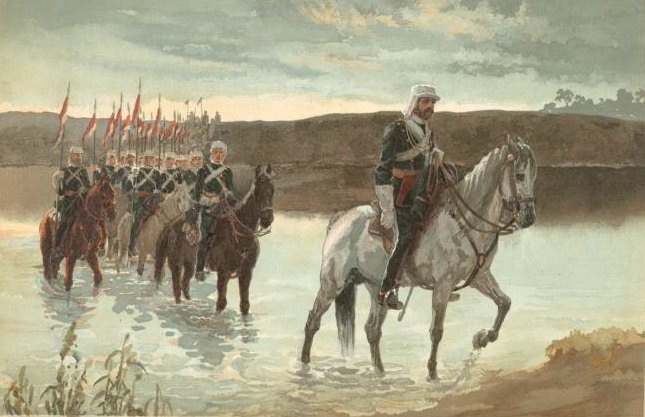Why, one might ask, is the late Victorian British army of any relevance to the U.S. military in 2019? Simply put, many of the ideas and themes discussed by Beckett are of timeless interest to those concerned with the ways in which professions ought to, and actually do, function. In fact, there are a striking number of analogies between the British Empire during the late Victorian and Edwardian period and the current geopolitical situation of the United States.
Improving Advice and Earning Autonomy: Building Trust in the Strategic Dialogue
Good military advice flows out of trust relationships, and the candor that good military advice requires depends on mutual trust. Yet Huntington’s theory has created the lasting impression that civilian leaders must implicitly trust, and grant autonomy to, military leaders. Autonomy is not—and should not be—mechanistically or automatically granted; like trust, autonomy must be earned and re-earned continuously through the daily demonstration of character and competence, and the commitment by members of the profession to police themselves and hold one another accountable. So, after more than sixteen years of inconclusive wars, it is time for military officers to step out of Huntington’s shadow and improve the quality and nature of the military advice they provide.
We Want It, What Is It? Unpacking Civilian Control of the Military
The nomination of James Mattis as Secretary of Defense briefly brought the often overlooked concept of civilian control of the military to public attention. Commentators debated whether Mattis’ qualifications, personality, and presumed influence on the administration justified an exception to the law prohibiting recently retired generals from serving in that post. Reassuringly, in that discussion as well as in the larger conversation about the unusual number of retired and acting general officers now serving in traditionally civilian posts, there has been no discernible challenge to the notion of civilian control of the military. Yet underneath this consensus as to the desirability of civilian control, hide differences in understanding about what it actually entails. In short, we want civilian control but do not precisely know what it is.
The Military Mind in the Age of Innovation
A liberal education is only one aid to making the military more adaptable for the innovation age. Many other implements will be possible, as long as they fit the general criterion of building common ground between military and innovative minds. A liberal education is a fundamental solution, though, in that it can endure this generation of technological change and the many others that will follow.





